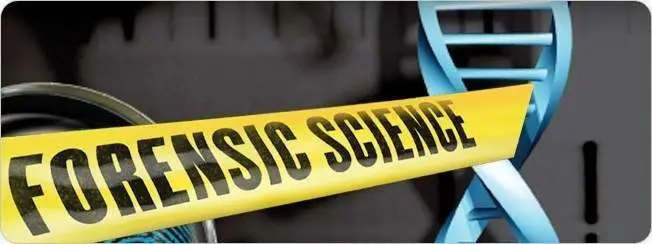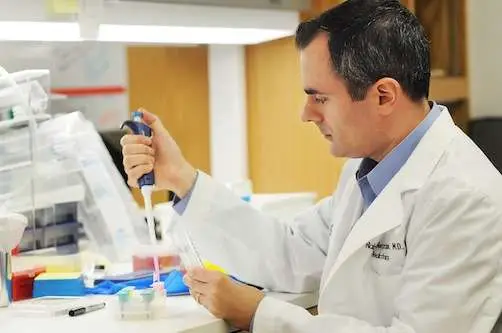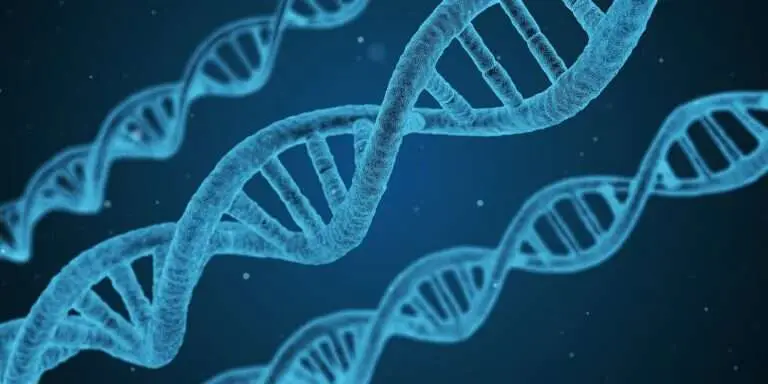Alternative Careers in Medicine for Students Who Didn’t Crack NEET
The NEET results can be a source of significant stress for many students. The pressure to secure a high score and get into a prestigious medical college is immense. However, not achieving the desired score does not mean the end of a dream career in the medical field. There are several other exciting and rewarding career paths for students with a background in Physics, Chemistry, and Biology (PCB). Let’s explore four such promising alternatives: Microbiology, Forensic Sciences, Genetic Counseling, and Bioinformatics.

Microbiology is a field teeming with opportunities. Microbiologists play a crucial role in understanding diseases, developing new vaccines, and ensuring food safety. The field is continually evolving, with significant advancements in medical research and biotechnology.
To pursue a career in Microbiology, students typically start with a Bachelor’s degree in Biology, followed by a Master’s in Microbiology. The basic eligibility for a BSc in Biology is a 10+2 qualification with PCB subjects. Admission procedures vary, with some universities requiring entrance exams while others consider merit-based admissions.
The demand for microbiologists is growing globally. According to a report by the Bureau of Labor Statistics, the employment of microbiologists is projected to grow by 3% from 2020 to 2030. The rise in antibiotic-resistant bacteria and the ongoing need for new medical treatments highlight the importance of this field.
In India, notable institutions offering courses in Genetic Counseling include the Manipal Academy of Higher Education and the All India Institute of Medical Sciences (AIIMS). Internationally, top universities such as Johns Hopkins University and the University of Toronto offer highly regarded programs in Genetic Counseling.

Forensic Science is not only fascinating but also a crucial field for the justice system. It involves the application of scientific methods to solve crimes, analyze evidence, and support legal investigations. This career offers the chance to make a significant impact on society by helping to solve crimes and deliver justice.
To enter the field of Forensic Sciences, students need a Bachelor’s degree in Forensic Science or a related field, followed by a Master’s degree for advanced positions. Eligibility for undergraduate programs typically includes a 10+2 qualification with PCB.
The demand for forensic scientists is increasing, driven by advancements in technology and the growing reliance on forensic evidence in criminal investigations. According to the U.S. Bureau of Labor Statistics, the employment of forensic science technicians is projected to grow by 14% from 2019 to 2029, much faster than the average for all occupations.
In India, top colleges for Forensic Sciences include Gujarat Forensic Sciences University, Amity University, and the University of Madras. Internationally, institutions like the University of California, Davis, and the University of Florida are well-regarded for their forensic science programs.

Genetic Counseling is a rapidly growing field due to the rise of personalised medicine. Genetic counsellors assess individual or family risk for a variety of inherited conditions, such as genetic disorders and birth defects. This field combines medical knowledge with counselling skills to provide vital support to individuals and families.
A career in Genetic Counseling typically requires a Master’s degree in Genetic Counseling after completing a Bachelor’s degree in Biology or a related field. The basic eligibility for these programs is a 10+2 qualification with PCB, followed by an undergraduate degree in a relevant discipline.
The demand for genetic counsellors is expected to grow significantly. According to the National Society of Genetic Counselors, the field has seen a 100% growth in job opportunities over the last decade. As genomic medicine continues to advance, the need for professionals who can interpret genetic information and guide patients will only increase.
In India, notable institutions offering courses in Genetic Counseling include the Manipal Academy of Higher Education and the All India Institute of Medical Sciences (AIIMS). Internationally, top universities such as Johns Hopkins University and the University of Toronto offer highly regarded programs in Genetic Counseling.

Bioinformatics is where biology meets big data. It involves using computational tools to analyse and interpret biological data, which is crucial for advancements in medical and pharmaceutical research. This field offers exciting opportunities to work at the forefront of scientific discovery and innovation.
To pursue a career in Bioinformatics, students usually begin with a Bachelor’s degree in Bioinformatics, Biology, or Computer Science, followed by a Master’s degree in Bioinformatics. The eligibility criteria generally include a 10+2 qualification with PCB and sometimes Mathematics.
The demand for bioinformaticians is growing as the importance of data in biology increases. According to the Global Bioinformatics Market report, the bioinformatics market is expected to reach $19.8 billion by 2026, with a compound annual growth rate (CAGR) of 13.4%. The increasing use of bioinformatics in personalized medicine and biotechnology underlines the growing need for professionals in this field.
In India, top institutions for Bioinformatics include the Indian Institute of Technology (IIT) Delhi, the University of Hyderabad, and Jawaharlal Nehru University. Internationally, prestigious universities such as the Massachusetts Institute of Technology (MIT) and the University of Oxford offer excellent programs in Bioinformatics.
Failing to achieve the desired NEET score does not mean the end of a medical career. There are numerous alternative paths in the medical field that are equally rewarding and impactful. Microbiology, Forensic Sciences, Genetic Counseling, and Bioinformatics are four such fields that offer promising futures for students with a background in PCB. Each of these careers has unique entry requirements, exciting prospects, and growing demand. By exploring these alternatives, students can find fulfilling and successful careers in the medical field.
Don’t let the NEET results hold you back. Explore these fields and discover the myriad of opportunities waiting for you. Book a free consultation call with our experts today and kickstart your career in these exciting areas.
Address
Copyright © 2024 Career Width